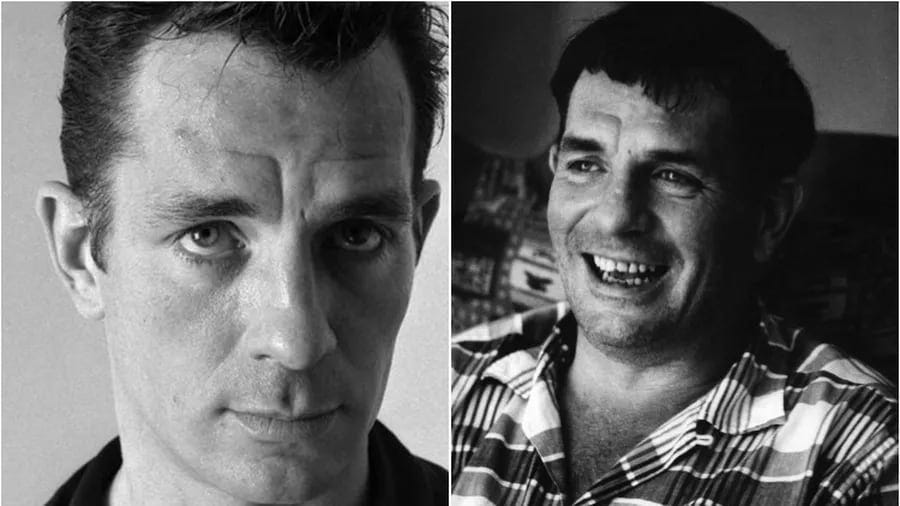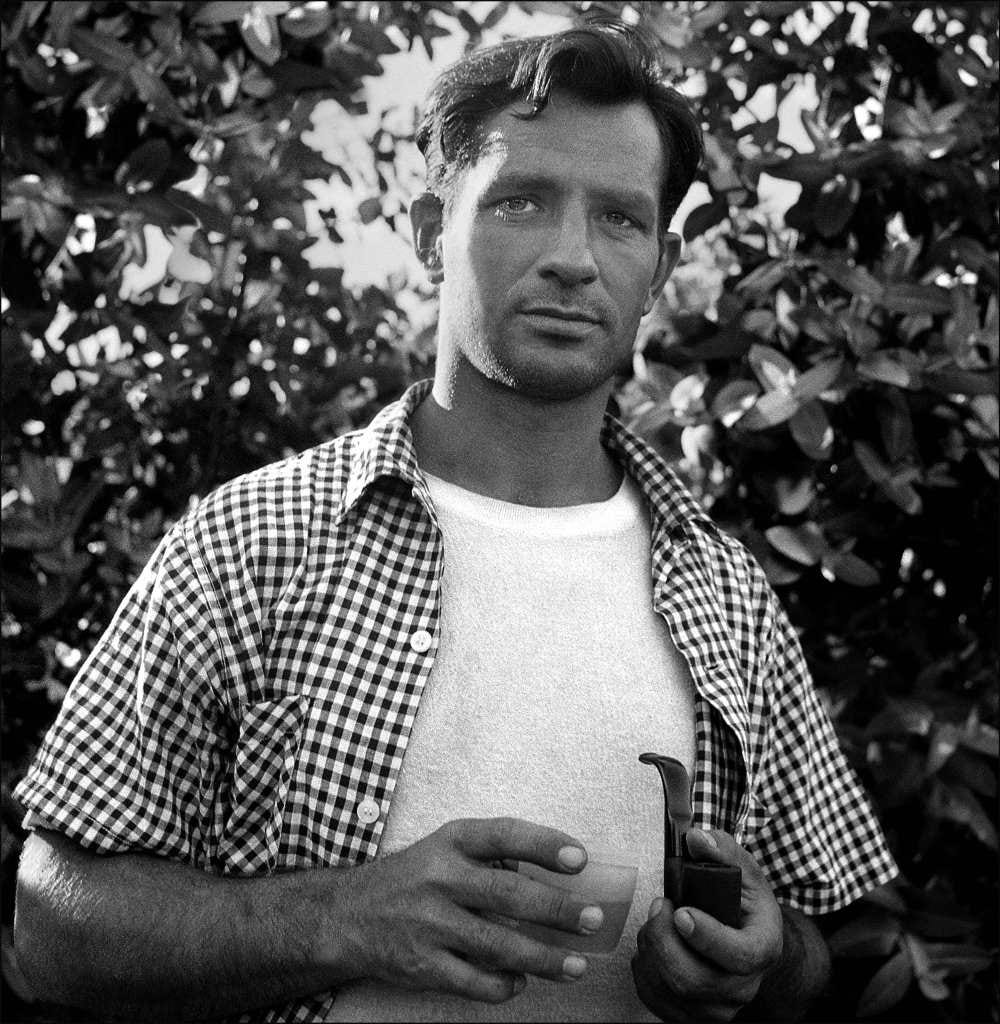Jack Kerouac
An American novelist and poet who became a prominent figure in the Beat Generation.
Jack Kerouac, born Jean-Louis Lebris de Kerouac on March 12, 1922, in Lowell, Massachusetts, was an American novelist and poet who became a prominent figure in the Beat Generation, a group of post-World War II writers and artists who explored and influenced American culture through their exploration of its countercultural underbelly. Kerouac's work is known for its spontaneous prose style, deep spiritual longing, and exploration of the human condition.
Early Life
Kerouac was the son of French Canadian parents from Quebec, Canada, and grew up speaking a dialect of French. His upbringing in Lowell was marked by a mix of working-class sensibilities and a deep immersion in his Franco-American identity. This cultural background significantly influenced his later work. Kerouac was a football star in high school, which earned him a scholarship to Columbia University in New York City. However, his football career was cut short by a leg injury, and he dropped out of Columbia.
Beat Generation Beginnings
After leaving Columbia, Kerouac served in the U.S. Navy during World War II, but his service was brief due to mental health issues. After his discharge, he returned to New York, where he became friends with figures who would become central to the Beat Generation, including Allen Ginsberg, Neal Cassady, and William S. Burroughs. These relationships were foundational to Kerouac's development as a writer and would deeply influence his most famous works.
Literary Career and "On the Road"
Kerouac's breakthrough came with the publication of "On the Road" in 1957. The novel, which took years to publish due to its unconventional style, was based on the cross-country travels that Kerouac undertook with his friends in the late 1940s and early 1950s. Written in a spontaneous, stream-of-consciousness style, "On the Road" captured the spirit of postwar disillusionment and the search for meaning beyond the confines of American society. The book became an instant classic and cemented Kerouac's place as a leading voice of the Beat Generation.
Later Works and Philosophy
Following "On the Road," Kerouac published several other novels, including "The Dharma Bums" (1958), "Big Sur" (1962), and "Desolation Angels" (1965), which further explored themes of spirituality, existential angst, and the quest for authenticity. Kerouac's interest in Buddhism and his spiritual quests are prominent in his later works, reflecting his ongoing search for peace and enlightenment.
Personal Life and Death
Kerouac's personal life was marked by bouts of heavy drinking, tumultuous relationships, and a growing disillusionment with the fame that "On the Road" brought him. He became increasingly conservative and detached from the countercultural movement he had helped spawn. Kerouac died on October 21, 1969, in St. Petersburg, Florida, from complications related to alcohol abuse, at the age of 47.
Legacy
Jack Kerouac's legacy is complex. He is celebrated for his literary contributions and his role in giving voice to a generation seeking meaning in a rapidly changing world. Yet, his later life reflects the personal toll of his journey. Kerouac's work continues to inspire writers, artists, and seekers, and his exploration of spirituality, freedom, and the depths of the human experience remains relevant. His spontaneous prose has influenced countless writers and artists, and his novels are still widely read, offering a window into the restless spirit of the mid-20th century America.

